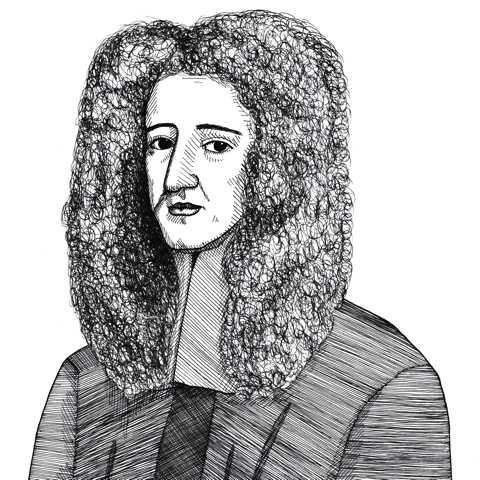
The Earl of Shaftesbury on the value of good conversations for questioning everything (1709)
Found in: Characteristicks of Men, Manners, Opinions, Times, vol. 1
The Earl of Shaftesbury (1671-1713) defended the vigorous questioning of received ideas by means of wit and humour as well as by reasoning in congenial conversations:
Freedom of Speech
According to the Notion I have of Reason, neither the written Treatises of the Learned, nor the set Discourses of the Eloquent, are able of themselves to teach the use of it. ’Tis the Habit alone of Reasoning, which can make a Reasoner. And Men can never be better invited to the Habit, than when they find Pleasure in it. A Freedom of Raillery, a Liberty in decent Language to question every thing, and an Allowance of unravelling or refuting any Argument, without offence to the Arguer, are the only Terms which can render such speculative Conversations any way agreeable.